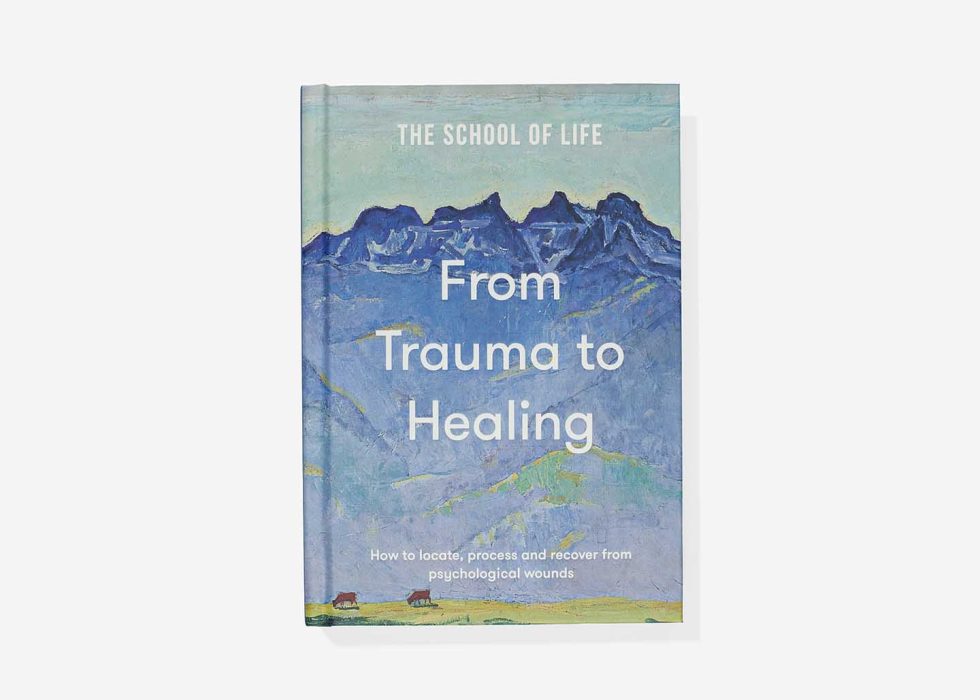Self-Knowledge • Fear & Insecurity
Naturally You Don’t Trust Anyone!
We know of course that a principle requirement of being thought a healthy, acceptable person is that we should be able to trust other people. The enquiry ‘Don’t you trust me?’ – raised by an old friend or a lover at a moment of crisis – is always meant to shame us into emitting a powerful ‘yes’. To know how to trust other humans is to affirm our fundamental decency and legitimate place in the community.
But whatever the rhetorical force of this stance, some of us need to admit to a far more uncomfortable and far more complicated reality. If we look at the matter squarely, if we can bear to be honest with ourselves, then we have to make a fundamental admission: in truth, we don’t trust anyone. Not now or ever. We are continually on our guard. Our alarm is always on – even around our closest friends and lovers. We are perpetually looking out for the exit routes. We are always anticipating an attack.

This is not a piece of news that the world is generally remotely ready to hear and untrusting people know to stay quiet, apprehending that their stance can put them at severe risk of becoming objects of distrust.
But rather than assuming that trust must be a given, we should see it instead as the slow fruit of a reliable, loving past – which we may just not have had. Instead of blaming ourselves for our entrenched suspicions, we should accept that trust was naturally not going to be possible for us, given the conditions we grew up in. Why would we ever trust anyone with the parents or siblings or trajectory we had? Why would it be remotely easy to let ourselves go around adult partners if, in the vulnerability of early childhood, we were continually humiliated or belittled? Our distrust is the natural and inevitable result of an early history of betrayal and difficulty.
How logical too that we now seek out partners who will let us down, thereby confirming the reassuringly sombre story that others cannot be relied upon. Or that we blow up relationships with kind, good people, in order to be spared the agonies of uncertain hope.
The route out of manic distrust begins with a confession: ‘I don’t actually trust you at the moment. But I would love to.’ If someone can bear our present distrust, they may – paradoxically – be the very sort of people whom we might one day come to have faith in.
If we push ourselves too hard, if we assume that we must trust already in order to be human or kind, we will never overcome our condition. We need to accept that trust is an achievement and – for very understandable reasons – not one we have yet been able to master.



























